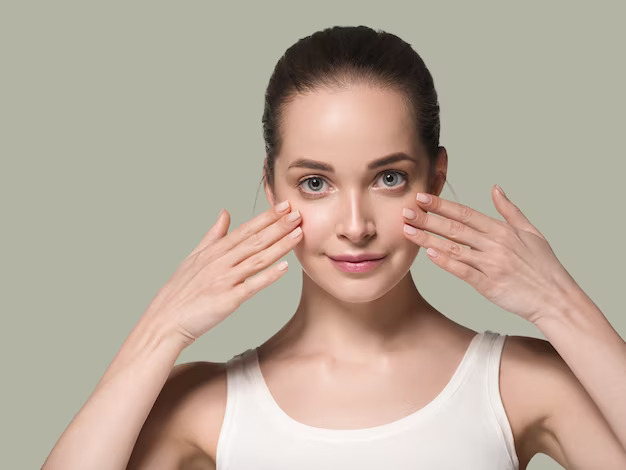- About Us
- Treatments
Skin Treatments
MenuMenuHair Treatments
MenuBody Treatments
Menu - Procedures
Aesthetics
MenuCosmetic Surgery
Menu - Training
- Products
- Gallery
- Contact Us
The medical term for sunken eyes is “tear trough hollows”, wherein the delicate skin under the eyes appear dark, sunken, and hollow. Sunken eyes can be prevalent in older adults. Mostly, sunken eyes are not related to life-threatening conditions. If the condition worsens over time despite attempts to get better sleep and drink enough water, or if they are accompanied by other symptoms, you should visit a doctor. In most cases, sunken eyes relate to the quality of nutrition and the health status of an individual.

As we get older, we lose fat and bone density around our bodies, including our faces. There’s also a decline in the supporting structures that hold everything together. The skin loses collagen and becomes thinner and more translucent
In most cases, sunken eyes relate to the quality of nutrition and the health status of an individual. Some health and lifestyle issues affecting the under eye skin under the eyes are as follows:
Sunken eyes resulting from medical conditions can be treated with medications, including prescription antibiotics for sinus infections and over-the-counter antihistamines and eye drops for allergies. Dermal fillers such as Juvederm, Restylane, and Perlane involve an injection of a naturally-occurring substance known as hyaluronic acid into the sensitive tissue just below the eye. A filler is usually painless and takes a few minutes to inject, but it does not last forever, and will require repeat procedure. Both major and minor surgical treatments are available for people who experience sunken eyes due to aging. Cosmetic surgery, including brow-lifts, blepharoplasty (lower eyelid surgery), and face-lifts can reduce the appearance of sunken eyes. These techniques are more invasive than dermal fillers and involve a longer recovery time. However, they can offer a more long-term solution to sunken eyes. However, surgery is never without risks; therefore, it is important to be well-informed before opting for surgery.
Book An Appointment